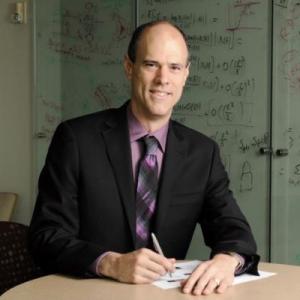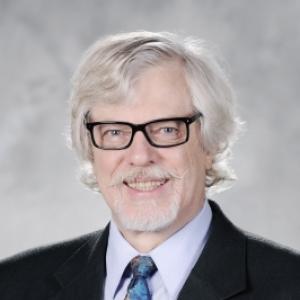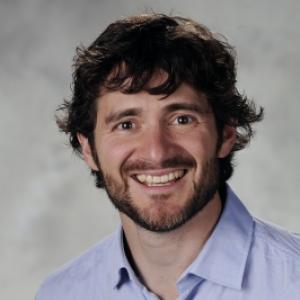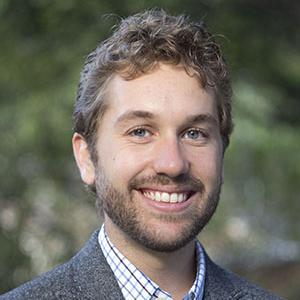Fumin Zhang

Dr. Fumin Zhang joined Georgia Tech's School of Electrical and Computer Engineering in 2007 as an assistant professor. He received a Ph.D. degree in 2004 from the University of Maryland (College Park) in Electrical Engineering, and held a postdoctoral position in Princeton University from 2004 to 2007. His B.S. and M.S. degrees, both in electrical engineering, are from Tsinghua University in Beijing. Fumin Zhang's research focuses on mobile sensor networks that demonstrate bio-inspired long duration autonomy.









